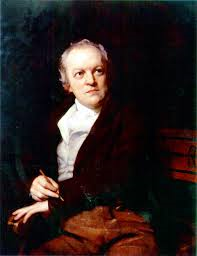Postcolonial Narration in the Greatest Romantic Work of William Blake's "The Little Black Boy"
Keywords:
William blake, A little black boy, Postcolonial criticism, Ambivalence, Race, And subalternAbstract
AbstractWilliam Blake was a great poet, who was born in1757 in London. He had supreme ability in being artist even in his youth. Blake composed "The Little Black Boy" in 1789, when he was 32 years old. In this poem he talks by language of a black boy who suffers from discrimination, existing between black and white skins. The infant black boy listen to his mother words, who infused her belief in God and Life after death to her young sad boy. In this study attempts is made to analyze this poem from Postcolonial studies and find its root and reason which is, according to Postcolonial studies, in imperialism of nineteenth century.
References
Adapted from The Bedford Glossary of Critical and Literary Terms by Ross Murfin and Supryia M. Ray. Copyright., 1998. by Bedford Books. Alexander, L., 2006. Go to School, You are a Little Black Boy. Canada: Library and Archeives Canada Cataloguing. Bennett, A., Royle, N., 2004. An Introduction to Literature, Criticism and Theory. Britain: Pearson Education Limited. Blake, W., 2005. Songs of Innocence and of Experirnce. Digireads. Childs, P., Fowler, R., 2006. The Routledge Dictionary of Literary Terms. New York: Routledge. Cowell, H., 1964. The Little Black Boy. California: C. F. Peters. DRr, U., Dürr, U., 2011. Race, Slavery and Abolitionism in the Romantic Period: William Blake's The Little Black Boy. Germany: Grin Verlag. Fulford, T., Lee, D., et all., 2004. Literature, Science, and Exploration in the Romantic Era: Bodies of Knowledge. United Kingdom: Cambridge University Press. Habib, M., 2005. A History of Literary Criticism: From Plato to the Present. United Kingdom: The Blackwell. Wolfreys, J., Robbins, R., Womack, K., 2006. Key Concepts in Literary Theory. United Kingdom: Edinburgh University Press.

Published
How to Cite
Issue
Section
Copyright (c) 2020 Sepideh Kamarzadeh

This work is licensed under a Creative Commons Attribution-NonCommercial-NoDerivatives 4.0 International License.



